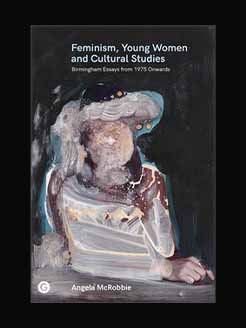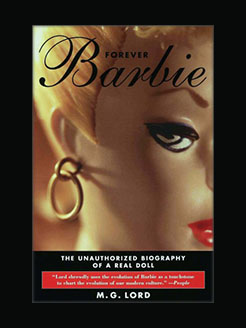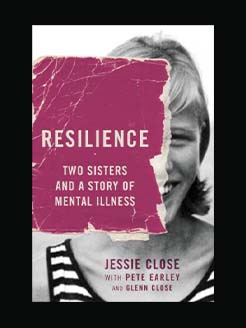Published in 2017
223 pages
Melissa Adler is Assistant Professor at Western University (London, Ontario) in the Faculty of Information & Media Studies.
What is this book about?
An inquiry into how classifying protocols operate as control mechanisms, Cruising the Library is a hands-on guide for the queer academic. (The Bay Area Reporter Online)
“An original study on an old institution―the U.S. Library of Congress. Adler’s reading of crucial and cultural theory are accurate and insightful. She presents a practical example of the philosophical power of library documentation as a tool of metaphysics and political economy.” ―Ronald E. Day author of Indexing It All: The Subject in the Age of Documentation, Information, and Data
…Cruising the Library contains much of interest: it is an invigorating and thought-provoking rallying cry for fresh discussion about the organization of knowledge. (Times Literary Supplement)
Tailor-made for the critlib movement, this demonstration that the Library of Congress is not a neutral space begs one critical question: where should it be shelved? ―Kirkus Reviews
In this rewarding study, Melissa Adler shows how systems used to classify and catalogue information for libraries operate as mechanisms of control. In particular, she focuses on the ways sexual identities are constructed and disciplined through library practices. Using Eve Sedgwick’s work as a paradigmatic test case, and the Library of Congress as a site, including its infamous Delta Collection, she produces a study that is as compelling as it is far-reaching in its implications. A must-read for present and future professionals, but also, a useful text for anyone concerned with official instruments for the production of knowledge. ―Johanna Drucker Breslauer Professor, Information Studies, UCLA
In Cruising the Library, Melissa Adler places the systems and structures of library organizational schemes at the center of the production of gender and sexuality in the United States. For Adler, library shelves are not merely rows of books, but formations that, like other political, social, and economic systems, govern and discipline gendered and sexed ways of being… Adler reads the library as a site for cruising, reading across and against the hegemonic story of sexuality told by the library to find the frisson at the limit. Read perversely, suggests Adler, the library can be a space for pleasures of all kinds. ―Los Angeles Review of Books
This compelling book should be read by everyone who cares about the complex politics of knowledge production and dissemination. Melissa Adler’s highly readable account of the fate of queer, non-normative sexual knowledge within the Library of Congress is both startling and important. It speaks to the very real importance of libraries and librarians to contemporary intellectual life. ―Janice Radway Northwestern University







